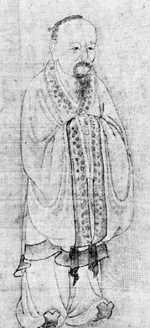In today’s interconnected era, global politics and diplomacy define how nations cooperate, compete, and coexist. From trade alliances to military conflicts, and from peace treaties to climate summits — every decision made on the global stage affects billions of lives.
As we move deeper into the 21st century, understanding how global power works is essential for anyone who wants to stay informed about the world’s future.
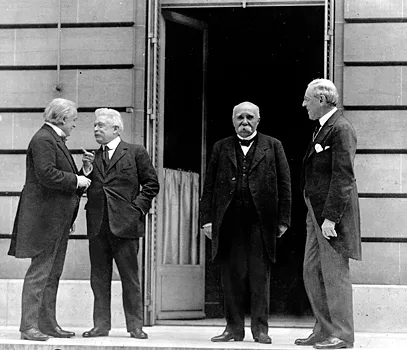
🏛️ What Is Global Politics and Diplomacy?
Diplomacy, on the other hand, is the art of negotiation — the way nations maintain relations, solve disputes, and build partnerships without conflict.
In simple terms:
“Politics defines power. Diplomacy defines peace.”
⚖️ 1. The Evolution of Global Power
Today, the power map is far more complex, with China, India, the European Union, and Russia emerging as major global players. This shift has given rise to multipolar diplomacy, where multiple nations share influence rather than one dominating force.
🌐 Key takeaway:
No single nation controls the world anymore — it’s now a network of partnerships, rivalries, and strategic alliances.
🤝 2. The Role of Diplomacy in Global Stability
🔹 Bilateral Diplomacy
One-on-one relations between two nations — such as Pakistan–China friendship or US–India partnerships.
🔹 Multilateral Diplomacy
Involving multiple nations through organizations like the United Nations (UN), G20, or NATO.
🔹 Economic Diplomacy
Using trade, aid, and investment to strengthen relations — for example, the China–Pakistan Economic Corridor (CPEC).
Without diplomacy, every dispute would risk turning into war. With it, dialogue remains possible even in times of crisis.
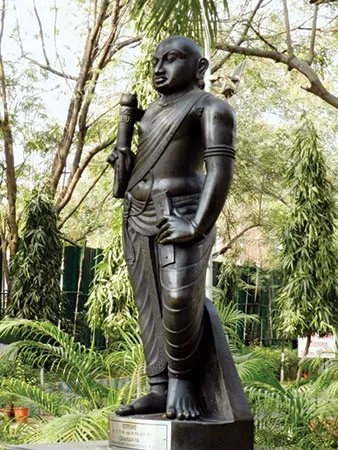
💰 3. Global Power Shifts and Economic Influence
Economics has become the new weapon of power. Countries now compete not just with armies but with technology, trade, and innovation.
- The US and China are locked in a race for technological supremacy.
- India is becoming a major global market and digital economy hub.
- The European Union remains a model for political unity and shared economic power.
The BRICS nations (Brazil, Russia, India, China, and South Africa) are also challenging the dominance of Western economies by creating alternative financial systems to the World Bank and IMF.
🌍 The new battlefield:
Economic strategy has replaced military invasion in many cases.
🕊️ 4. The Art of Conflict Resolution
Even in times of war or tension, diplomacy seeks peace.
Recent examples include:
- Russia–Ukraine negotiations over ceasefire zones.
- Middle East peace efforts between Israel and Arab nations.
- North Korea–US talks aimed at nuclear disarmament.
International diplomacy helps prevent crises from spiraling into global wars — showing that conversation remains the strongest weapon.
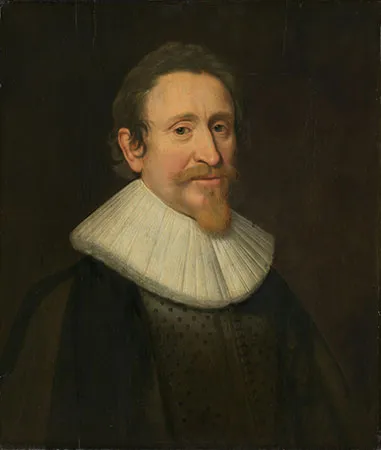
🌱 5. Global Challenges That Demand Diplomatic Unity
Today’s challenges go beyond national borders — and require collective diplomacy.
- Climate Change: Nations meet at global summits like COP to discuss emission control.
- Global Health: Cooperation during pandemics (like COVID-19) proved how critical unity is.
- Cybersecurity: Digital threats are now as dangerous as physical wars.
- Migration & Refugees: Diplomatic coordination is vital for humanitarian relief.
When diplomacy works, nations move together toward shared goals — peace, progress, and sustainability.
🧭 6. The Role of International Organizations
Several global bodies serve as platforms for dialogue and decision-making:
- United Nations (UN) – Focused on peacekeeping, security, and human rights.
- World Health Organization (WHO) – Global health and pandemic management.
- World Trade Organization (WTO) – Regulates international trade rules.
- NATO – Ensures military cooperation among member nations.
- ASEAN & African Union – Promote regional stability and cooperation.
These institutions act as mediators and peacekeepers, providing structure to an otherwise chaotic world.
🔮 7. The Future of Global Diplomacy
The next era of diplomacy will be defined by technology, transparency, and global citizen awareness.
- Digital Diplomacy: Governments use social media to influence public opinion and share policies.
- AI and Big Data: Used to predict conflicts and support decision-making.
- Youth Engagement: Younger generations now play active roles in global activism and policy discussions.
The world is shifting from closed-door politics to open, people-powered diplomacy.
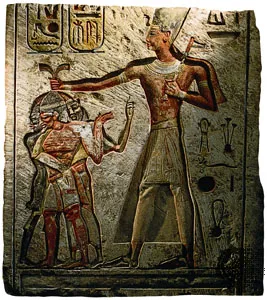
💬 Conclusion: The World Is Interconnected Like Never Before
Global politics and diplomacy are not distant affairs — they affect fuel prices, job markets, trade, security, and even daily life. Every handshake between leaders, every summit, and every peace agreement contributes to the direction of our shared future.
To create a peaceful and stable world, nations must continue to embrace dialogue over division, cooperation over competition, and understanding over dominance.
“Diplomacy is the language of peace — and peace is the true power.”
